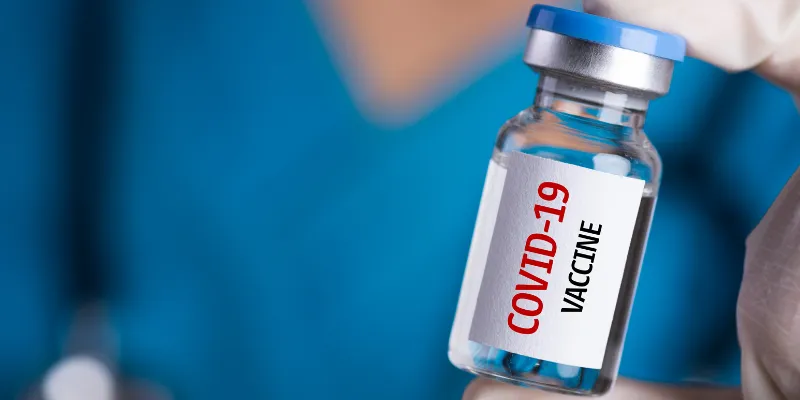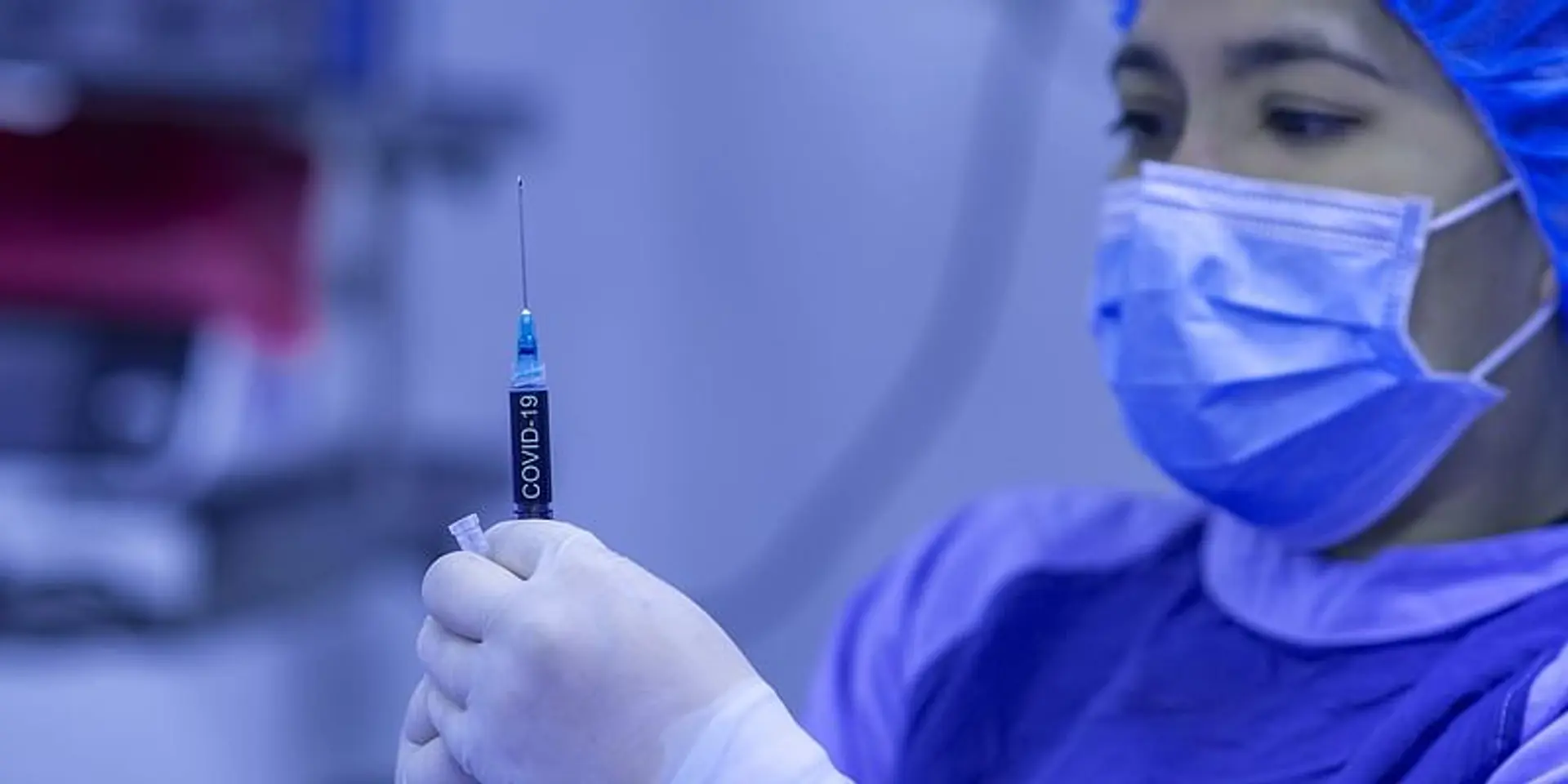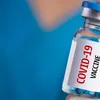Bharat Biotech's Covaxin shows encouraging results in clinical trials
Covaxin, being developed in collaboration with the Indian Council of Medical Research and the National Institute of Virology, is now undergoing Phase 3 trials.
Covaxin, a COVID-19 vaccine being developed by Bharat Biotech, showed long-term antibody and T- cell (immune) memory responses three months after the shot in Phase 1 volunteers and tolerable safety outcomes in Phase 2 study, the company has said, suggesting the antibodies may persist for six to 12 months.
In Phase 2, it also showed enhanced humoral and cell-mediated immune responses. The results were found in the safety and immunogenicity clinical trial of the vaccine candidate.
Memory T cells are antigen-specific T cells that remain over a long term after an infection has been eliminated.
Covaxin, being developed in collaboration with the Indian Council of Medical Research and the National Institute of Virology, is now undergoing Phase 3 trials.
The Hyderabad-based vaccine-maker had, on October 2, sought the Drug Controller General of India's (DCGI) permission to conduct Phase 3 randomised double-blind placebo-controlled multi-centre trial of its COVID-19 vaccine, sources said.
In the double-blind, randomised, multi-centre Phase 2 clinical trials, a total of 380 healthy children and adults were randomised and administered two vaccine formulations in as many doses (four weeks apart).
In a follow-up of the Phase 1 trial, Covaxin (BBV152) produced high levels of neutralising antibodies that remained elevated in all participants three months (at day 104) after the second vaccination.

Based on these results, we hypothesise that BBV152 can generate antibodies that may persist for 6-12 months, according to a Bharat Biotech research paper on Covaxin.
The results from the phase 2 study show that both humoral and cell-mediated responses were observed. No neutralising antibody differences were observed between sexes and across age groups.
Covaxin was well tolerated in both dose groups with no serious adverse events, according to the research paper.
Bharat Biotech in September said it had entered into a licensing agreement with Washington University School of Medicine in St Louis for a novel 'chimp-adenovirus' (chimpanzee adenovirus), a single-dose intranasal vaccine for COVID-19.
(Disclaimer: Additional background information has been added to this PTI copy for context)
Edited by Teja Lele








